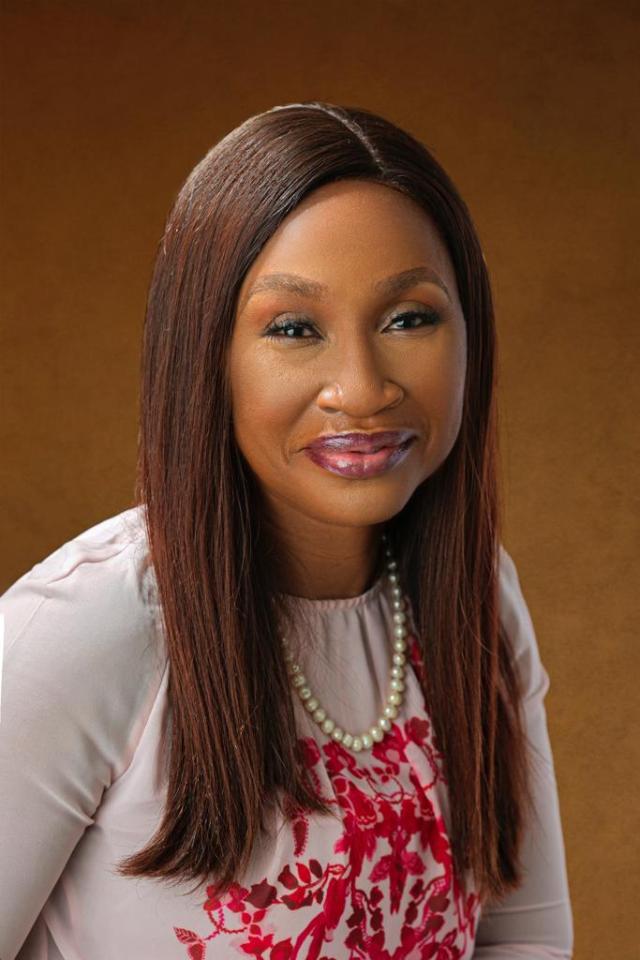Every year in North America and Europe, industry groups publish detailed studies on how chief marketing officers and chief financial officers work together. These reports analyse how both functions justify spending, measure value, and agree on investment priorities. In mature markets, such research is now a core part of corporate strategy.
The moment the conversation shifts to Africa, the data disappears.
Despite Africa’s creative strength, rapidly expanding consumer base, and vast commercial opportunities, the continent still lacks a comprehensive study on how marketing and finance teams collaborate. Most global papers overlook Africa entirely. The silence has become more influential than any available numbers.
This data gap is no longer a simple academic omission. It has become a strategic constraint. As budgets shrink and accountability rises, African CMOs must defend their investments using benchmarks that rarely match local realities. Western templates often define effectiveness in markets where media behaviour, digital access, income patterns, and informal trade networks look completely different. Yet these borrowed frameworks still shape how African CFOs judge marketing value.
The result is a persistent misalignment between two of the most influential decision-makers inside African companies. CFOs rely on models tested in mature economies. CMOs operate in markets where attribution is harder, data signals are weaker, and consumer journeys weave through both formal and informal systems. Without regional evidence to bridge the gap, both sides default to caution. This often leads to underinvestment or delayed decision-making.
The problem is particularly visible in sectors where measurement is complex. FMCG brands depend heavily on traditional channels. Banks and fintechs serve diverse users across physical branches, apps, USSD, and agent networks. Telecom operators track churn in environments dominated by prepaid users, making long-term measurement difficult. With no reliable, industry-wide benchmarks, many marketing teams fall back on instinct, past experience, or fragmented internal reports.
Yet Africa may be one of the best places to prove the financial impact of marketing. The continent’s young population, mobile-first behaviour, and strong community influence create rich opportunities for measurable engagement. What is missing is a shared dataset that is large, frequent, and tailored enough to show how marketing spend truly links to business outcomes.
Global companies have attempted to solve this by importing their universal ROI frameworks. While this creates structure, it does not resolve the central issue. Africa still lacks a continent-wide understanding of how CMOs and CFOs collaborate, where they disagree, and which metrics genuinely drive growth. Most small and mid-sized African businesses, which form the bulk of the economy, remain completely outside these global conversations.
Experts across the continent argue that Africa needs more than additional data. It needs a definition of effectiveness that reflects African realities. A yearly, multi-country study on the CMO-CFO relationship could transform decision-making. It would reveal how companies negotiate budgets, which metrics matter most, how digital transformation is changing reporting, and where measurement gaps continue to slow progress. It would also provide a shared reference point that African organisations have never had at scale.
Until such research exists, African marketers and finance leaders will continue relying on inherited wisdom and outdated tools while navigating one of the most dynamic markets in the world. This blind spot carries real business risk. Without closing the data gap, African companies will sit outside a global conversation where hard facts, not intuition, increasingly shape growth.
ALSO WATCH MARKETING EDGE ONTV







Comment
No comments found.